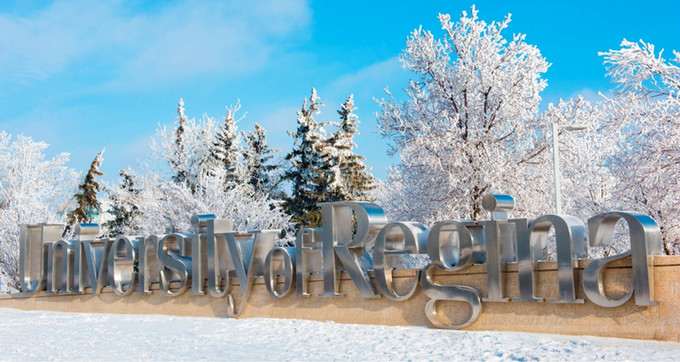
Health and Safety
The Health and Safety of Students, Faculty, and Staff is Our Top Priority!
The Health and Safety team is committed to fostering a safe and healthy environment for students, faculty, staff and visitors. Cultivating a positive safety culture and maintaining a strong safety management system, encourages all of us to apply relevant procedures and processes to protect ourselves, and others, from harm. Health and Safety subscribes to the principle that these standards must be promoted and integrated in teaching, research, and work practices on our campuses.
We support open consultation and communication with students, faculty members, staff, senior leaders, and outside agencies to achieve a common understanding of, and resolution to, health and safety matters on our campuses.
We have a moral, ethical, and legal obligation to keep everyone safe!
We are excited to announce the launch of our Health & Safety Events section located at the bottom of this page. Check it out for information for our Lab Safety Contest ON NOW for the month of February!!
Contact Us
Health and Safety
Human Resources (Main Campus)
Administrative Humanities Bldg. 435
Phone: 306-337-2370
Email: health.safety@uregina.ca
Office Hours
Monday to Friday
8:15 am to 12:00 pm
1:00 pm to 4:30 pm
Health & Safety Events
ON NOW!!
Health and Safety is pleased to announce the launch of our 2026 Lab Safety Contest for the month of February!
Show off your lab safety knowledge, have some fun, and enter to win a Trifon's Pizza Party.
Mark your calendar for the 2nd Annual Health & Safety Expo on Wednesday, March 25!
Safety Shares
Our Safety Shares provide information on a variety of topics to improve safety practices and reinforce a positive safety awareness for you - both on campus and at home.
Each Safety Share supports our mission to foster a positive safety culture on our campuses!
*Special Edition* - Safety Share
Due to recent amendments to the Hazardous Products Regulations (HPR), updates have been made to the WHMIS program. These HPR amendments will better protect workers by requiring more comprehensive and detailed health and safety information on product labels and safety data sheets.
WHMIS Label Request Form: To support WHMIS compliance, including hazard identification and proper chemical labeling on campus, an online form is now available here.
Safety Advisories
Stay informed and alert on what is happening on our campuses.
Our team is comitted to keeping our campus communities safe for students, faculty, staff, and visitors.
H&S Resource Hub
This is your one-stop spot for Health & Safety resources that you may have recently seen in one of our communications.
Feel free to download one or all of these resources for your faculty/unit. If you would prefer a larger size, just let us know.
Check back often as more will be added!